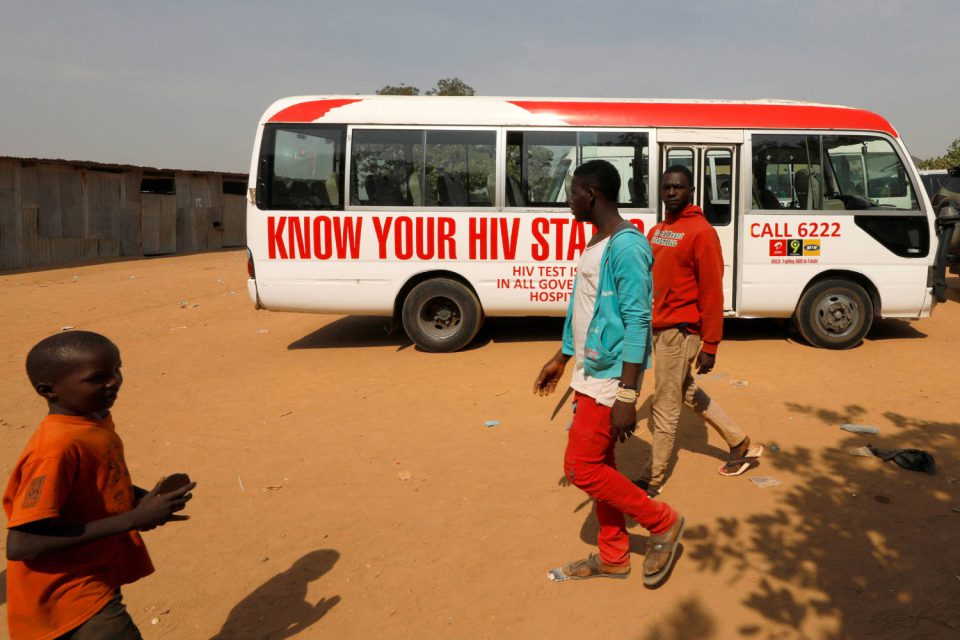Climate change and conflict are hitting efforts to tackle three of the world’s deadliest infectious diseases, the head of the Global Fund to Fight AIDS, Tuberculosis and Malaria has warned.
International initiatives to fight the diseases have largely recovered after being badly affected by the COVID-19 pandemic, according to the Fund’s 2023 results report released on Monday.
But the increasing challenges of climate change and conflict mean the world is likely to miss the target of putting an end to AIDS, TB and malaria by 2030 without “extraordinary steps”, said Peter Sands, executive director of the Global Fund.
For example, malaria is spreading to highland parts of Africa that were previously too cold for the mosquito carrying the disease-causing parasite.
Extreme weather events like floods are overwhelming health services, displacing communities, causing upsurges in infection and interrupting treatment in many different places, the report said. In countries including Sudan, Ukraine, Afghanistan and Myanmar, simply reaching vulnerable communities has also been immensely challenging due to insecurity, it added.
There are positives, Sands said. For example, in 2022, 6.7 million people were treated for TB in the countries where the Global Fund invests, 1.4 million more people than in the previous year. The Fund also helped provide 24.5 million people with antiretroviral therapy for HIV, and distributed 220 million mosquito nets.
Sands added that innovative prevention and diagnostic tools also provided hope.
This week, there is a high-level meeting on TB at the UN General Assembly, and advocates hope for more of a focus on the disease.
The Global Fund has faced criticism from some TB experts for not allocating more of its budget to the disease, as it is the biggest killer of the three diseases the fund focuses on.
“There’s no doubt that the world needs to devote more resources towards fighting TB… but it is not as simple as comparing annual deaths from each disease,” said Sands. For example, he said, many countries with the highest burden of TB are middle-income countries that have more capacity to fund health services domestically.

